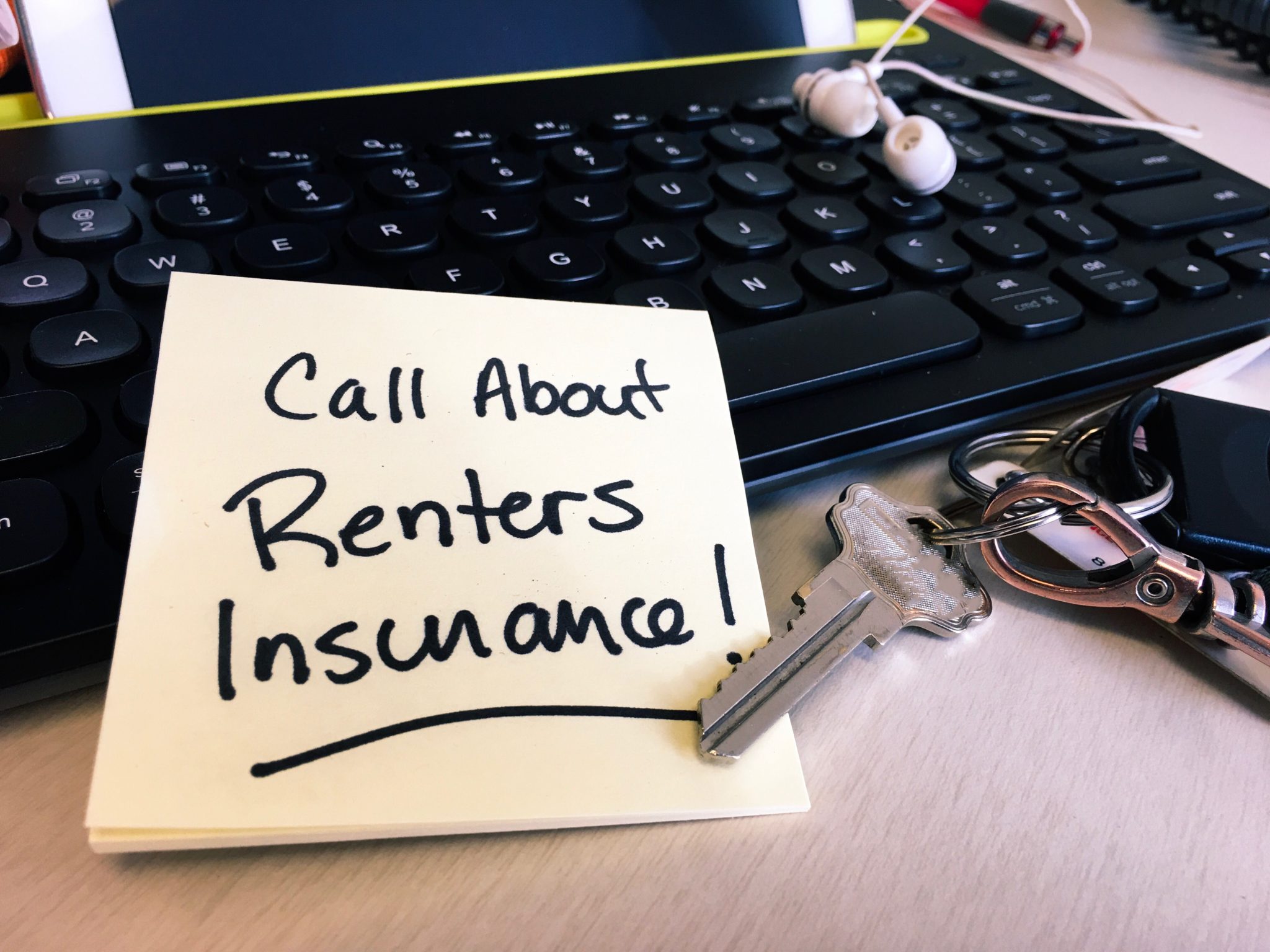Home & Family

Renters insurance is an important protection to consider purchasing. It’s a key way to replace things that are lost in a disaster. Many landlords require renters to have a renters insurance policy as a condition of the lease. Alabama Extension Human Sciences team offers six tips for renters.
What Renters Insurance Covers
Personal items are covered by renters insurance up to the policy maximum. It may also protect belongings in the event of loss or damage sustained away from your residence, like when belongings are taken from a vehicle or while traveling.
Renters insurance also offers liability protection—frequently up to $300,000—in the event that a visitor sues for harm or damages they experienced while on your property.
What Renters Insurance Does Not Cover
Renters insurance does not cover the rental property. The landlord is responsible for necessary repairs or replacements to the building or structure.
Many natural disasters are not often covered by renters insurance. Floods and earthquakes are two examples of natural disasters that are not covered. You’ll need to purchase additional insurance for that coverage if you’re at risk for these occurrences. Flood insurance can average between $20 to $60 per month.
Renters Insurance is Relatively Cheap
Surprisingly, renters insurance can be relatively cheap to buy. Most renters insurance costs are between $15 and $25 per month. Actual cost depends on location, building condition, and value of possessions.
It is simple to shop renters insurance and wise to always compare insurance offers. Engage with an independent insurance agent who can obtain estimates from many carriers or compare prices yourself online at internet insurance brokers sites. For an apple-to-apple comparison, ensure that the quotes you receive have similar limits and deductibles.
Read the Fine Print
Before signing on the dotted line take as much time as you need to read the policy. Policy inclusions are the items that are covered under the policy. Exclusions are items that the policy provider will not cover. Be sure the policy covers the investments that are most important to you, such as electronics or jewelry. Also be sure it covers hotel stays in case the rental unit is destroyed. If wording is unclear ask the agent or insurance company to clarify.
Know the Cost Differences
When buying renters insurance you will be given the option for full replacement cost or cash value of your items. Although cash value is the cheaper option, renters who choose this option will only be reimbursed for the depreciated value of their items. Most all purchases depreciate, or lose monetary value, over time. This means that renters who choose cash value insurance option may not actually end up with enough money from the insurance company to replace their items in the event of a loss. If you can afford a few extra dollars on the policy payment each month it’s best to select the full replacement value insurance option.
After The Policy
After selecting a policy, keep a copy of the policy in a safe, secure, and dry place. Take multiple photos and videos of your unit or home to show the pre-disaster condition of the property. Digitally store the documents, videos, and photos online either in an email folder, or cloud-based system. Doing this will ensure access to copies of the policy even if physical copies are lost in a natural disaster. If you suffer a disaster loss, photos will help provide documentation of the building and your belongings.

